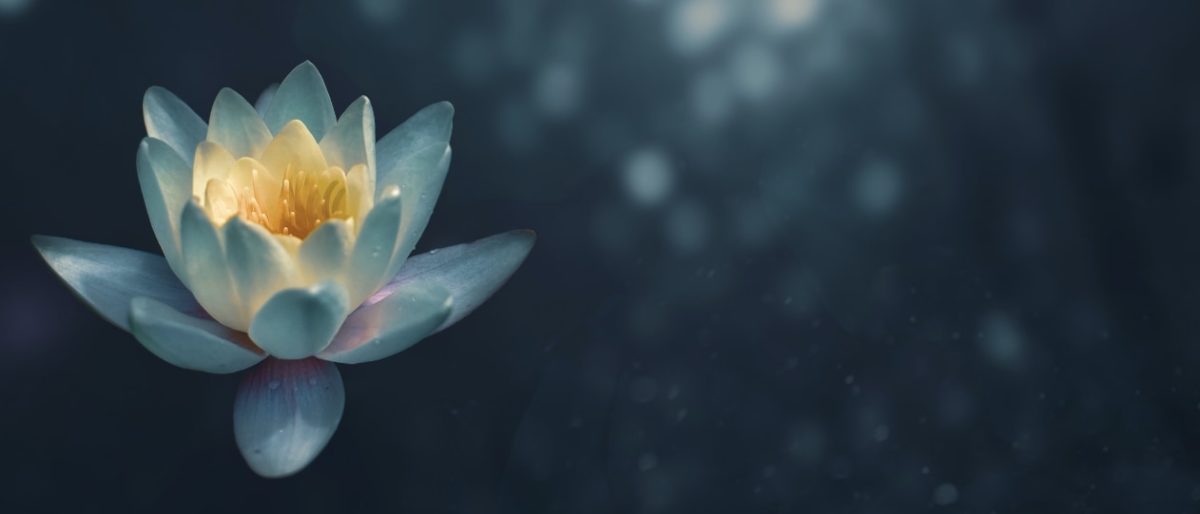
What’s keeping me sane right now
Today I woke up and realized how I never look at Google Calendar anymore. This may not seem like a big deal, but Google Calendar used to be my guiding force, the way I knew how to go about my day. And now the day is completely different, and the focus is survival.
The word survival has many different uses right now – from not enough toilet paper, to getting through the day with little kids, to economic concerns, to literally surviving or being on the front lines of helping people survive.
We are in a defining time of history, and in the paradox of alone, together. We are doing our best to stay sane in a time that feels anything but sane, and as to be expected, our coping tools differ. I don’t have any How To advice, because I don’t think any of us know how to. But there are some things that are keeping me sane right now, and one of them is writing about what’s keeping me sane. Others include:
Outside:
Fresh air and sun. The sun part is rare right now in IL, but when it’s out, Chicagoans take advantage of it. Even if it’s barely 50 degrees, we open the windows, sit on our balconies and porches, and take brief walks around the neighborhood (staying 6 feet apart from others, of course). The birds are singing, the squirrels are playing. Nature is looking pretty healthy to me, and it makes me feel better. I just read that birds sing in the morning for a variety of reasons, but one is that early morning singing signals health and vitality. Singing loud and proud first thing in the morning is the way birds tell each other they made it through the night. This is how I feel when I take walks and see people – we wave and smile from afar, our way of saying, Yes, we are still here and okay.
Books:
I read Untamed right before shelter-in-place, and I’ve had a pile of books that are sitting next to my bed that I’ve been waiting to read. But then I decided to get the Jessica Simpson memoir because I just don’t feel like learning anything right now. I just want to remember a time when I wondered what happened between Jessica and Nick Lachey.
TV and movies:
Similarly, I’ve been watching a lot of Sex and the City because I want to remember what it felt like to not worry so much. Or at least worry about things that don’t matter quite as much. Sex and the City was such a big part of my life, and the finale aired several months after my first daughter was born. I sobbed during that finale, probably harder than I have ever sobbed at the end of any show. Because I would miss my four friends, and because I was mourning a previous stage of life. Parenting was my new normal, and I didn’t know what I was doing. Now watching is nostalgic, a time I can barely remember.
Todd and I have also watched The Stranger (highly recommend), we are watching The Americans (still getting into it), and yes, Tiger King. I’m noticing how Todd and I want to extend viewings (1 or 2 episodes a night) and this makes no sense to our daughters. They were raised on binging, and watching any other way makes no sense to them. We constantly explain how we had to wait YEARS for new Sopranos and Lost episodes, but it just doesn’t land. And last week I decided to show my girls Austin Powers, and that didn’t land either.
If I can’t sleep or I wake up in the middle of the night (which is happening more than usual), I put on a Parks and Rec episode and just listen. I highly recommend The Fight (Season 3, Episode 13) or The Debate (Season 4, Episode 20).
Podcasts:
Todd and I have upped our podcasting because we can and because it helps us feel normal. We are talking about all-the-things on Zen Parenting Radio – how to support yourself, your kids, and the world during a pandemic (no absolute answers here, but we are navigating through it with you). But it’s our Pop Culturing podcast that has been the most comforting. Talking about movies and TV is yet another escape, and it gives us a lot of opportunities to laugh. Our girls have been joining us for some episodes (Avengers 2012 was last week) and we taped a show about Tiger King today.
I have been listening to old episodes of Armchair Expert, and also The Ringer’s The Rewatchables (our inspiration for Pop Culturing). I want to hear things that are familiar, and I don’t want any surprises. The information from the world is surprising enough, and my entertainment needs to be predictable.
Humor:
The Chicago Mayor Lori Lightfoot memes (she’s everywhere), the bickering between the Cuomo brothers (sending good thoughts to Chris as he recovers from the virus), the memes my friends and family send me. And just everyday things, like how I could literally not find my glasses this morning and when I looked in the mirror, they were somehow wrapped into my ponytail. How is this 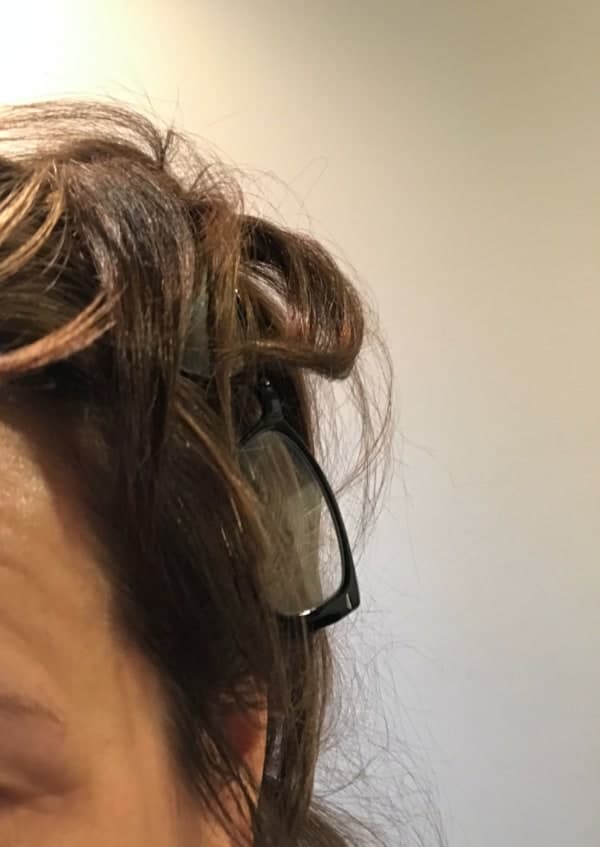 possible? I do not know.
possible? I do not know.
Consolidated news:
I will not watch press conferences at the federal level, and I had to take Twitter off my phone. I cannot watch the 24-hour news cycle, and while I read some articles from valid news sources throughout the day, I have an intake limit. The Skimm, Apple News, and any other resource that consolidates the most up to date articles are my saving grace. I don’t need to read the same thing over and over, I just want to know what I need to know today. And what I know for sure right now is #stayhomesavelives.
Loving people:
Besides my family, friends, neighbors and collegues – and I’ve been telling them how much I love them A LOT by the way – I love the people at the grocery story, at Walgreens, the delivery men and women, the postal service, the restaurant workers who were able to adapt to this current environment.
And the HEALTH CARE PROFESSIONALS. I envision white light around you every day as I’m meditating. I send you good vibes every time I see you or think about you. I wrap your families in love because I know they worry about you. I love that we now call these people ESSENTIAL WORKERS. They are. So are the therapists, nursing care workers, hospice workers, police officers, firefighters, and everybody else out there who keeps the world going.
And the TEACHERS? The teachers are the great adapters, the ones who are loving our kids through video and zoom calls, the ones who are writing individual emails and notes to their students. I am a teacher and I come from a family of teachers, so I have always known what teachers do. I know how they are expected to do all-the-things and are too often blamed for things that are not in their job description.
True story: I decided to become a social worker because as a teacher I could not meet the daily needs of my students. I could not focus on reading and math because some of my kids were not eating or sleeping. Or they were being abused. Or because they were depressed. I became a therapist so I could focus more on what these kids did not have. I was having a hard time juggling the educating with the social/emotional, but so many teachers do both every day. They are the front lines – they are expected to educate the kids, support their emotional well-being, and even support the parents in many cases. These are not small tasks, and I think a lot of parents are feeling this reality now that kids are home.
Giving:
The first week I was home, I was scattered and all over the place – where do I help, how much do I help, when do I help? There are so many things to do right now that we all need some clarity about where to put our energy. I appreciate the way Glennon frames this question in Untamed – be curious about what breaks your heart, then put your energy there. If it’s having masks for workers, figure out how to donate or sew them. If it’s food or the homeless or in need, figure out how to volunteer or donate. If it’s the elderly not having access to food or connection, then make this a priority.
I know everything is breaking our hearts, but focused attention gets better results. Especially if it’s close to home – your neighbor, your community, your state. It’s a more home-grown kind of approach to taking care of each other – we can check in on our neighbor or drop off food at our local pantry. I read yesterday that some elderly/people in need have been putting pieces of paper in the window signifying whether or not they are ok – green for all good, red for help. A great way of communicating while social distancing.
Then there are the simple ways to give – if you are able, tip BIG and thank the people who are working the drive-through or check out. Leave thank you notes for your mailperson or delivery person. Look people in the eye (6 feet apart) and tell them you see what they are doing and how much you appreciate their work.
As a therapist, I have found myself focusing heavily on our Team Zen virtual community (there are people from all over the country and world, so it offers the full scope of this pandemic experience), as well as my women’s circle and college students. But my first priority every day is my family and close friends.
To take care of the people I have to take care of me – I sleep later, I walk or do yoga, I drink a lot of water, take vitamins, meditate. And I go to bed dreaming about coffee in the morning. I haven’t created a new health or wellness plan; I’m just making the simple things a priority.
Breathing:
I am holding my breath a lot lately while hearing or reading bad news, so I’ve had to practice breathing in a more productive way. My two favorites right now are:
4-7-8 breath
This was made famous by Andrew Weil, and if I’m having a hard time falling asleep or if I’m feeling jumpy or scattered, I do this:
- Exhale the air you are holding and relax your shoulders.
- Close your mouth and inhale through your nose and count to four in your head.
- Then, for seven seconds, hold your breath.
- Exhale out your mouth for eight seconds (you will make a whooshing sound).
Do it four times in a row (and maybe eventually do it 8 times), but don’t do it while driving. It’s quite relaxing and I don’t want you to go off the road.
Tonglen
This breathing practice took me a while to accept, only because I didn’t understand how it worked. It’s the Tibetan practice of “sending and receiving”. Tong means “sending out” or “letting go”, and len means “receiving” or “accepting.” It’s practiced by breathing in the bad and breathing out the good, a choice to breathe in the suffering of all beings.
Initially, I wanted to stay as far away from this as possible because I tend to absorb other people’s energies and emotions already – I thought this would be a practice of taking on what other people are unwilling to feel. But it’s not about absorbing other people’s energy, it’s about acknowledging the pain of the world and offering love.
I use it by breathing in when I feel my own fear and then breathing out self-compassion. I use it by breathing in when I read about healthcare workers, or people who are really sick. I breathe in the suffering and then breathe out love and compassion. It feels like an acceptance of the moment, an ability to look squarely at what is happening. It’s a gentle mindfulness practice.
So much of our pain comes from suppression, an unwillingness to look at or feel what’s happening. This is denial, and it takes a lot of energy to suppress and deny. Tonglen is a practice of non-denial, an acknowledgment that pain is real, but compassion is always available.
Grief:
Grief is an important word right now because collectively, it’s what we are feeling. And although our society has made grief a problem or something to jump over or get through quickly, I will tell you as a therapist that grief is sanity. Grief is a process that allows our brains and hearts to be transformed.
There are so many griefs right now that I can’t even list them, and the biggest one of all is that our normal is altered and it may never be the same again. I don’t even like writing that sentence, but it’s true. Just like everything changed after AIDS and 9/11 (these are things in my lifetime…I know there are many more), everything will change during and after this pandemic.
That’s why I’m watching Sex and the City and listening to old podcasts. I long for what I can’t have, I want what used to be. But this is impossible, not only during a pandemic, but all of the time. The one thing we can count on in life is change, and it’s the thing that scares us the most.
The grief process is an acceptance of change – not immediately, but through one step forward and two steps back. If you know Elizabeth Kübler Ross’s work, you know that there are five stages of grief – other stages have been suggested along the way, but the foundational stages are: denial, anger, bargaining, depression and acceptance. These are not linear – we go in and out of these feelings depending on what’s happening. I think I have cycled through all of them many times in the last two weeks.
There was an article in the Harvard Review titled The Discomfort You Are Feeling is Grief, and it feels like essential reading right now. Todd and I did a podcast about it last week, and Brenè Brown just interviewed David Kessler, the grief expert who is interviewed in the article, on her Unlocking Us podcast.
To understand ourselves right now we need to understand grief. We have to be willing to feel what’s uncomfortable, and also find ways to comfort ourselves and others. There is no right way through all of this, and the only way out is through. David Kessler worked closely with Elizabeth Kübler Ross (she passed away in 2004), and he was recently given permission to add a 6th stage to her stages of grief.
The 6th stage is meaning – and what I know for sure is that we will all find meaning in this experience. As we move through our days we are probably finding meaning already – noticing what matters most, time with our kids, recognizing how we are all interconnected. But finding meaning is not an escape from the other more difficult aspects of grief. It’s just a shining light in the process, a reminder that we can make it through and share our stories.
One of my favorite lessons from Franciscan Monk Richard Rohr is order, disorder, reorder. This was true before the pandemic, it is definitely true now, and it will be true after it is over. Our ability to understand this and process through our very human emotions is what allows us to keep going.
I have found myself blaming and judging a lot, and that takes up too much energy. I get angry with leaders who say they are doing enough or pretend that they are/were prepared (see: gaslighting). I am frustrated with people who won’t stay home or take this seriously. Humans judge, it’s how our brains work – but we get to choose our behavior after we realize we are judging. Do we lash out, or do we self soothe and refocus on compassion?
Humans also blame, it’s such an understandable response, but it’s also just a discharge of our own discomfort and pain (see this short video by Brenè Brown about blame). This takes us back to a willingness to notice and accept what we are feeling, a willingness to feel afraid and vulnerable in the face of uncertainty.
That space of vulnerability is where all the magic happens – it’s where we discover that we are capable of more and that we are stronger and more resilient than we realized. My pain and grief have taught me everything about myself. My history with anxiety, depression, miscarriage, and my dad’s chronic illness and eventual death were gateways to everything that stabilizes me today.
Elizabeth Gilbert posted the other day about being creative in the midst of vulnerability and grief – and while she was referring to writing, art, dancing, and singing, it is also about being creative in the way we think and contribute. It’s about being creative in how we relate to our kids and partner, and how we are dealing with our current isolation.
This pandemic is an intense example of all that’s been true, but we had been unable to see. Now we know how interconnected we are. Now we know we have to take of each other. Now we know that life is uncertain. This was all true a month ago, but now we KNOW it with a capital K.
This is just some of the meaning that will come out of our grief. A deeper respect for life, each other, and more respect for what we can do together. I have been SO tired of the snark we’ve been experiencing politically and otherwise over the last several years, and maybe snark will go out of style and compassion will take its place.
I know we can’t jump over this disorder stage that we are in, we have to hold hands (virtually) and move through it as a global team. But I am hopeful for the reorder stage, whenever it comes. I am optimistic about the awareness we are having and the meaning we are making. I love how we are coming together and helping each other. Maybe this will be our new foundation, the essence of our reorder.
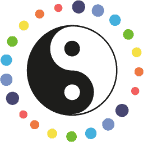

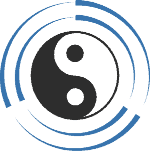

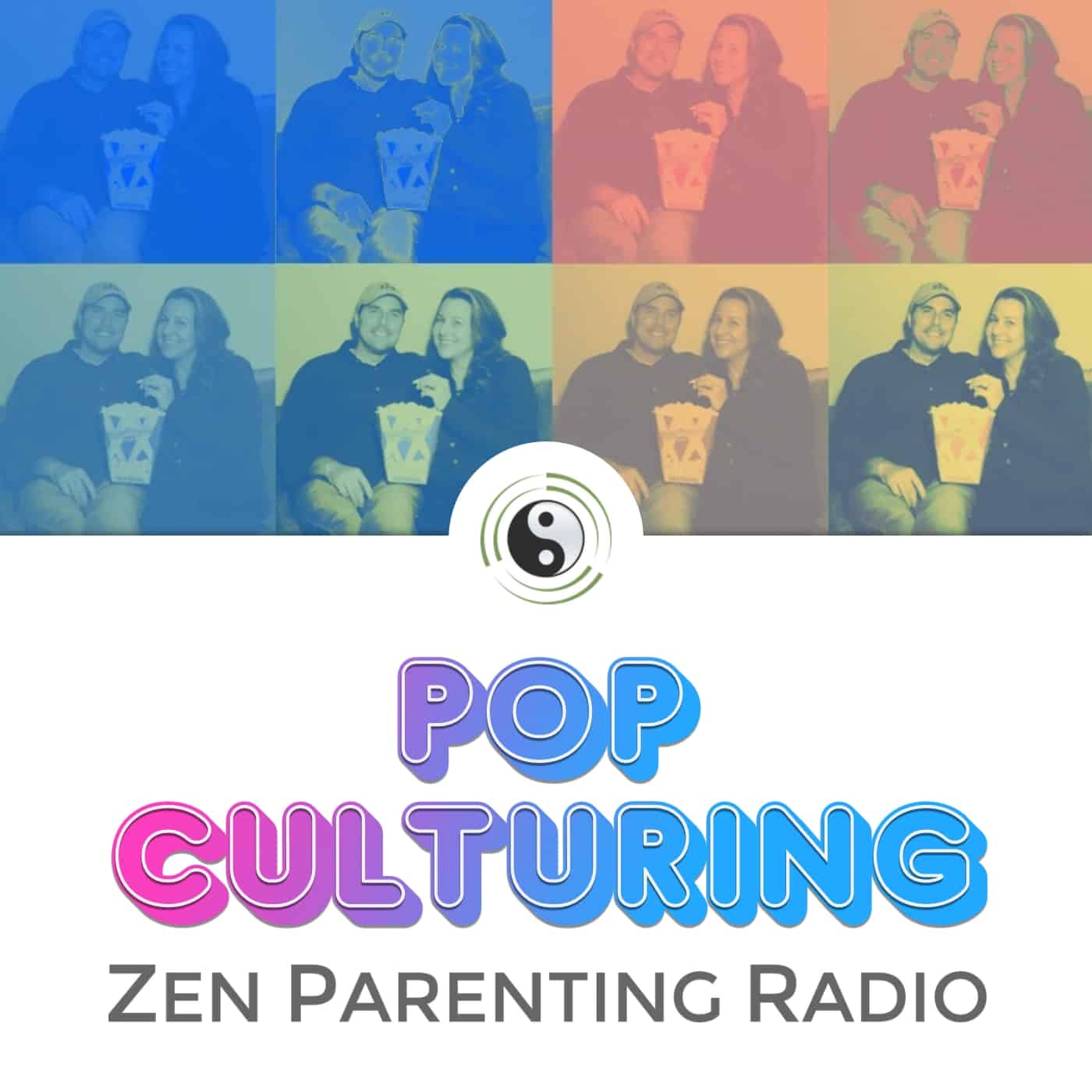
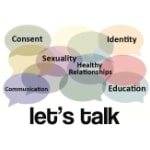
Comments 3
Thank you. I love you. And I think compassion is the new snark. Xo 😘
Thanks Donna!!!!
Todd
Hello! I heard you talk about “Lost” on your most recent podcast—you really need to check out “The Leftovers”. It’s only 3 seasons, and also made by Damon Lindelof (from Lost). Cheers!